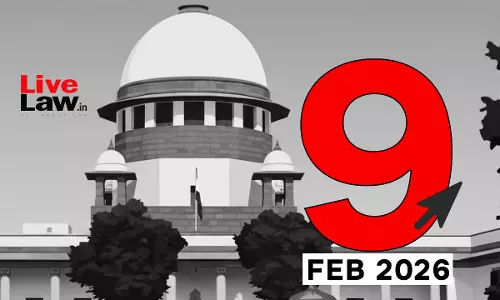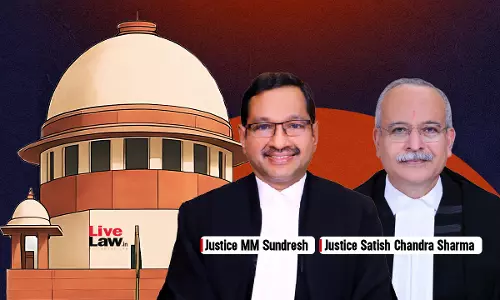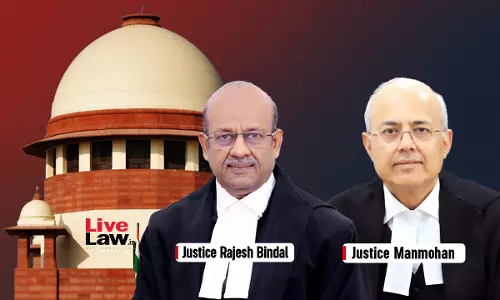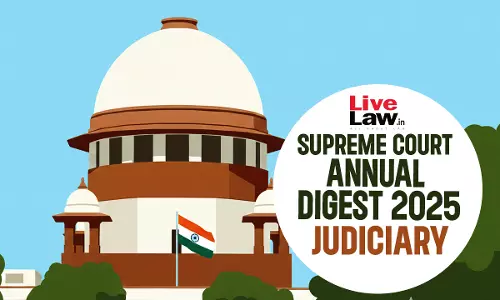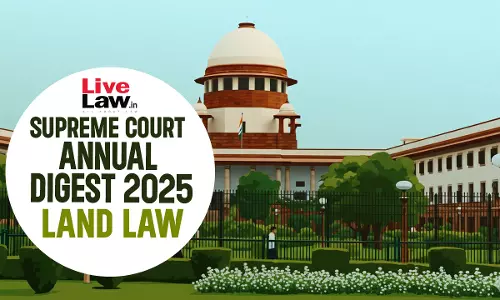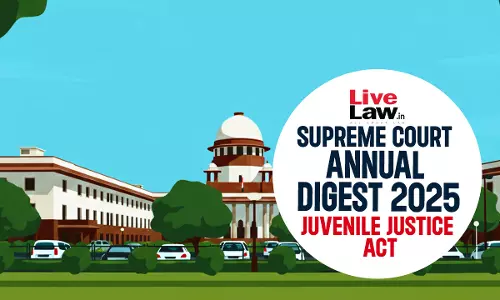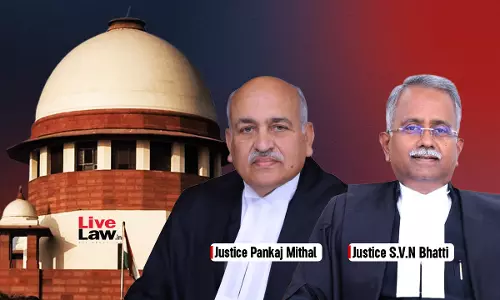Supreme court
High Courts Cannot Nullify Arbitral Proceedings While Appointing Substitute Arbitrator : Supreme Court
The Supreme Court recently observed that it is impermissible for the High Courts to interfere with an arbitration proceeding while deciding an application seeking a substitution of an arbitrator. A bench of Justices JB Pardiwala and KV Viswanathan set aside a Bombay High Court order that had declared arbitral proceedings a nullity while considering an application for substitution of...
Supreme Court Expresses Reservations About CB Judgment That 'Loss Of Love & Affection' Can't Be Separately Compensated In Motor Accident Claims
The Supreme Court has expressed reservations about the Constitution Bench ruling in National Insurance Co. Ltd. v. Pranay Sethi (2017), which excludes non-pecuniary loss arising from deprivation of “love and affection” as a separate head while determining compensation in motor accident cases.A Bench comprising Justices Dipankar Datta and S.C. Sharma observed that while it remains bound by the Constitution Bench decision, it harbours unease with that aspect of the ruling which holds that the loss...
Supreme Court Quashes Charges Under SC/ST Act Against Vyapam Whistleblower Dr Anand Rai
The Supreme Court today quashed the charges framed against Dr.Anand Rai, whistleblower in the Madhya Pradesh VYAPAM examination scam, in a case over alleged caste-based violence."We have discussed the scope of the SC/ST Act and the action is not in accordance with law. Appeal allowed," the Court observed.A bench of Justice Sanjay Karol and Justice N Kotiswar Singh allowed Dr. Rai's appeal against the MP High Court order upholding framing of charges in a caste-based atrocities case arising out of...
Grant Of Bail Should Not Be Subject To Deposit Of Money : Supreme Court Reiterates
The Supreme Court recently reiterated that when Courts grant regular or anticipatory bail, it should not be subject to the deposit of any amount. In this case, the Court set aside the conditional bail orders passed by the Jharkhand High Court and ordered that, in the event of arrest, the accused persons shall be released on bail. It also asked the Registry to forward a copy of the order to the place before the Chief Justice of the Jharkhand High Court. As per the brief facts, the two...
Complete Supreme Court Annual Digest 2025 [Part-I]
Abkari Abkari Shops (Disposal in Auction) Rules, 2002 (Kerala) - Rule 9(2) - Ethyl alcohol content in coconut toddy - Supreme Court on May 1, 2024, directed the government to reassess the appropriateness of 8.1% v/v limit for ethyl alcohol in coconut toddy - Expert Committee was constituted who recommended that maximum allowed ethyl alcohol content for self-produced alcohol from...
Supreme Court Daily Round-Up : February 9, 2026
Links to today's reports :Lawyer Alleges Attack By Goons In Tis Hazari Court Before Judge; CJI Assures Action, 'Won't Accept Gunda Raj''Balanced Order' : Supreme Court Affirms Madras HC Order Limiting Muslims' Worship At Thirupparankundram Hills In Tamil NaduSupreme Court Refuses To Cancel Bail Of Cardiologist Accused Of Performing Forced Angioplasties To Claim Govt FundsKuldeep Sengar's...
Delay In Filing Appeals Under S. 74 Of 2013 Land Acquisition Act Can Be Condoned: Supreme Court
In a significant development, the Supreme Court on Monday (February 9) held that a delay in filing an appeal under Section 74 of the Right to Fair Compensation and Transparency in Land Acquisition, Rehabilitation and Resettlement Act, 2013 (2013 Act) can be condoned under Section 5 of the Limitation Act, 1963. “Section 74 of the 2013 Act does not bar the application of Section 5 of the...
Supreme Court Annual Digest 2025: Judiciary
Judiciary - Supreme Court Annual Digest 2025 3-year minimum practice - The Supreme Court reinstated a minimum three-year practice requirement for advocates applying for Civil Judge (Junior Division) posts, reversing the earlier relaxation from the 2002 All India Judges Association case. The decision revealed a lack of consensus among High Courts and States, with most supporting...
Supreme Court Annual Digest 2025: Land Law
Land Law - Supreme Court Annual Digest 2025 Acquisition of Land for Industrial Purposes Act, 1997 (Tamil Nadu) - Sections 7(2), 7(4) and 12 - Land Acquisition - Concluded Contract - Payment of Interest – Held, a concluded contract voluntarily entered into between the Government and the landowner/person interested for the determination of compensation under Section 7(2) or...
Supreme Court Annual Digest 2025: Juvenile Justice Act
Criminal Law – Bail - Juvenile Justice - Sexual Offences - Sex Education - Supreme Court reiterated its direction to the State of Uttar Pradesh to file an additional affidavit informing the Court on how sex education is provided as a part of the curriculum in higher secondary schools (Classes IX to XII) so that young adolescents are made aware of the hormonal changes that come...
Photocopy Of Document No Evidence Unless Conditions To Produce Secondary Evidence Proved : Supreme Court
The Supreme Court has set aside the sale undertaken on the strength of a photocopied Power of Attorney, noting that a photocopy of a document, being secondary evidence, is not evidence unless it falls under the conditions set out in Section 65 of the Evidence Act.Section 65 of the Evidence Act permits the production of secondary evidence (copies, oral accounts) when the original document...



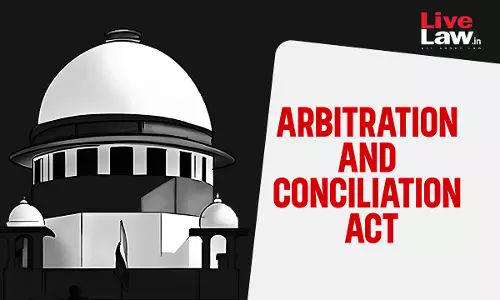
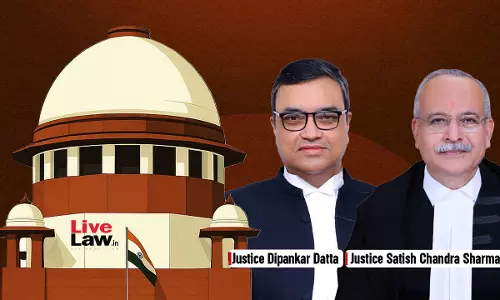
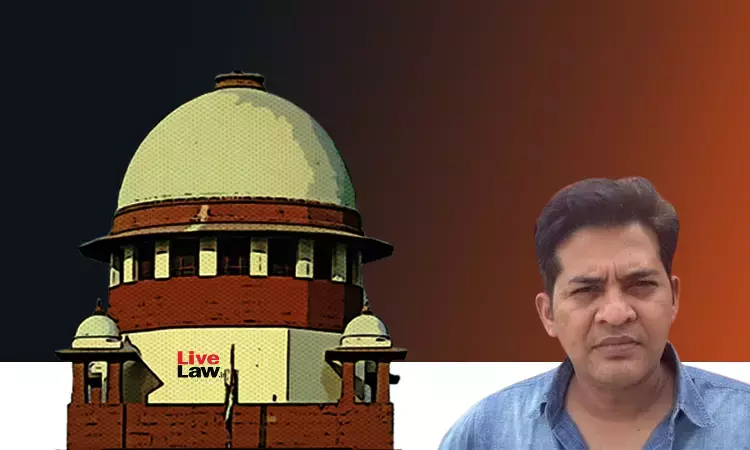
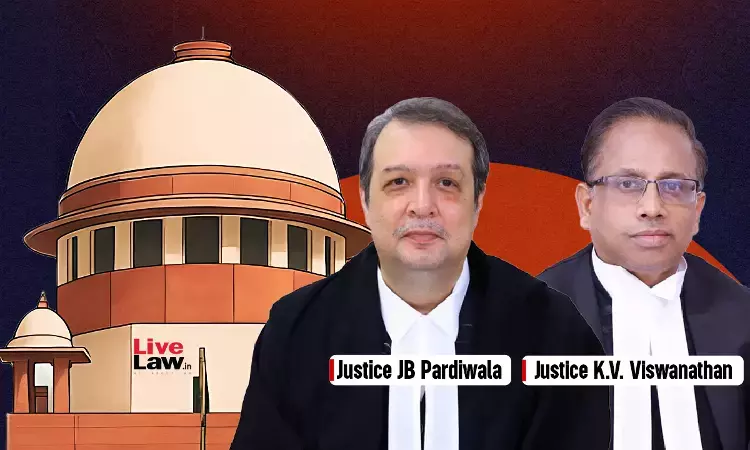
![Complete Supreme Court Annual Digest 2025 [Part-I] Complete Supreme Court Annual Digest 2025 [Part-I]](https://www.livelaw.in/h-upload/2026/02/09/500x300_654967-complete-supreme-court-annual-digest-2025.webp)
